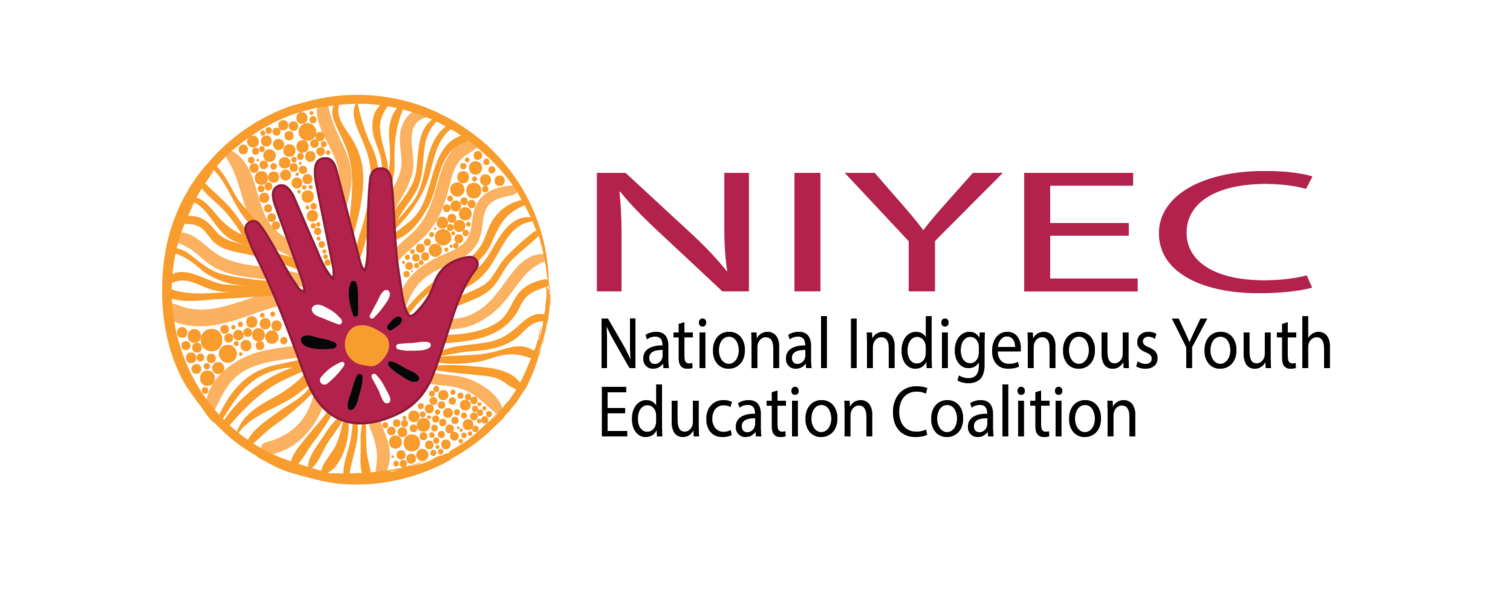Media Release: NIYEC Announces Election Priorities for the 2025 Federal Election
The National Indigenous Youth Education Coalition (NIYEC) backs the voice and agency of Aboriginal and Torres Strait Islander young people in asserting our collective rights to education.
Despite over a decade of initiatives under Closing the Gap, successive Australian Governments have consistently fallen short in fulfilling their social contract with Aboriginal and Torres Strait Islander young people - to ensure access a quality education that is relevant to the future responsibilities they will inherit as custodians of the world’s longest continuous cultures.
NIYEC is dedicated to honouring our commitment to young people, to ensure they have access to learning systems that are fit for their future.
Ahead of the 2025 Federal Election, we invite all political parties to share this commitment by pledging to:
Back Student Voice and Agency
By supporting young people to make informed decisions about their education, we can create enabling environments where they can exercise self-determination throughout their learning journey.
NIYEC is doing this by: Developing a National Aboriginal and Torres Strait Islander Student Congress that aims to back and engage students in education decision-making.Redefine Learning Success, Inclusive of Wellbeing
Aboriginal and Torres Strait Islander young people and communities have learning aspirations and goals that extend beyond the current indicators outlined in the Closing the Gap agreement. We want our young people to leave school feeling proud and strong in who they are. This requires us to broaden how we define and measure success.
NIYEC is doing this by: Piloting and scaling NIYEC’s LearningWell – our Indigenous Learner Wellbeing Recognition Tool - which expands definitions of education success to include cultural determinants of learner wellbeing.Increase Investment in Indigenous Community-Controlled Education
Article 14 of UN Declaration of The Rights of Indigenous People states that we have the right to self-determine and govern our own education systems. We are calling for a commitment to seed investment that allows Aboriginal and Torres Strait Islander communities to build governance, strategy and curriculum framework to enable place-based, community-controlled schools.
NIYEC is doing this by: Innovating an Indigenous Nation-Led Learning Charter model in partnership with local schools and community in Rockhampton, Queensland, alongside Learning Creates Australia.Value, Recognise and Invest in the Aboriginal and Torres Strait Islander Educator Workforce:
Investing in the Aboriginal and Torres Strait Islander educators and teaching assistants goes beyond increasing workforce numbers. It is about recognising and valuing their important contributions to advancing innovative teaching practices that benefit all children.
NIYEC is doing this by: Creating opportunities for pre-service and early-career educators to come together with Aboriginal and Torres Strait young people from across the continent to co-design transformative learning systems through our Dream Design Summits and workshops.Hayley McQuire, Darumbal and South Sea Islander, Co-Founder and CEO of NIYEC, says:
“As a small, Aboriginal and Torres Strait Islander youth-driven organisation, there is a lot that NIYEC is doing. But there is work that we can’t do and depends on the decisions of Australia’s political leadership. Fundamentally, we ask to invest in education. An education that is responsive to the ambitions of our communities and young people, that is fully funded, and that gives every young person the best opportunity in life.”
Education intersects with multiple systems.
Our call for improved educational outcomes for Aboriginal and Torres Strait Islander young people is tied to our broader calls: to end over-incarceration, to protect and care for Country, to speak our languages, to pursue pathways to treaty, and to keep our children and young people with their families and kinship systems.
Education has the power to support healthy lives, sustain communities, and promote the values and aspirations of Nations.
